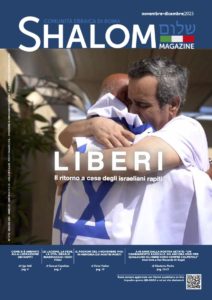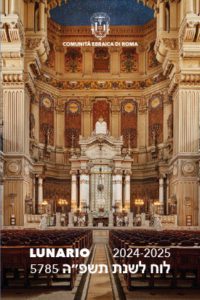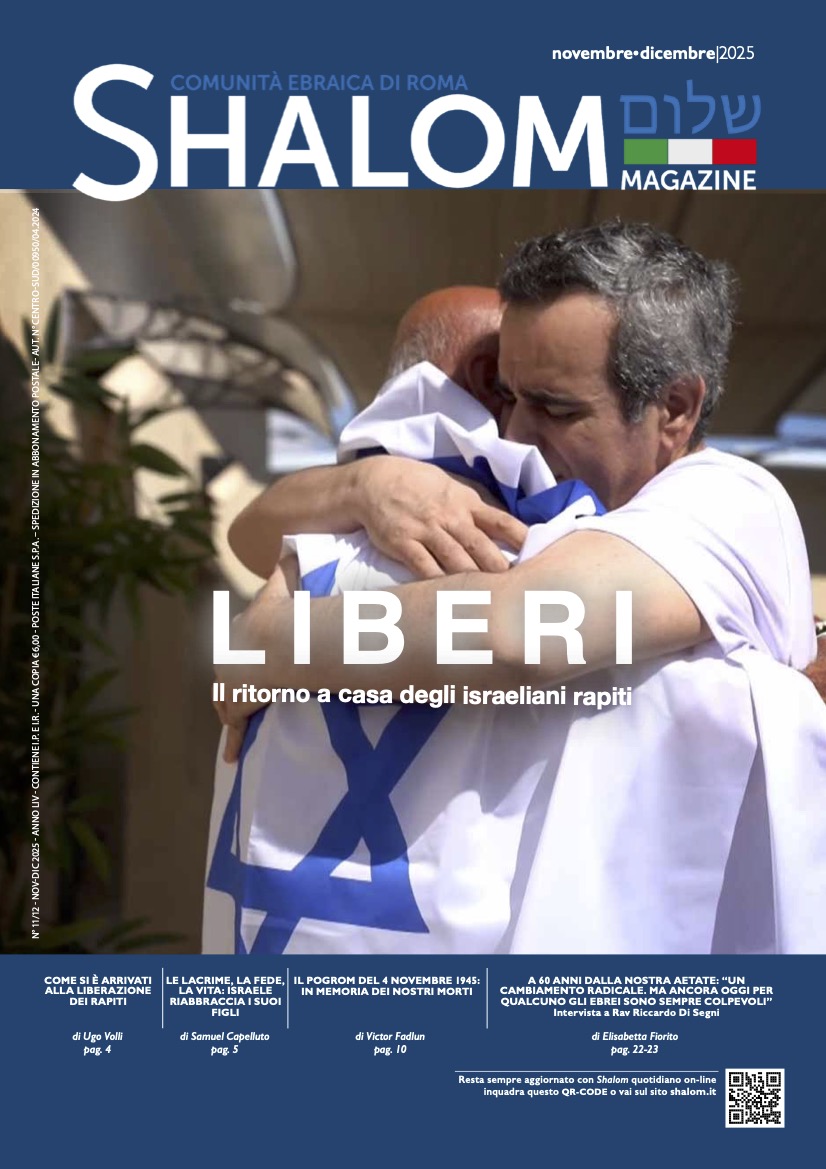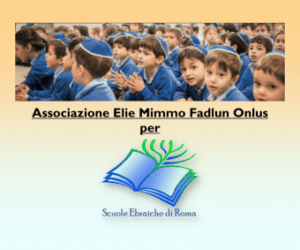
Memory sometimes has the power to emerge, out of nowhere. To emerge from the dust and tell about itself, of its raw naked essence. Such has happened to six voices, found by chance or luck. The extraordinary discovery made about a year and a half ago by the CDEC (Centre for Contemporary Jewish Documentation), during the initial tidying of the archive room in view of the then imminent transfer of the CDEC headquarters. Five discs, with recordings of interviews given in 1955 by six of the sixteen survivors of the rounding up of the Jews of Rome on October 16, 1943 – the infamous “Black Saturday”, an indelible event in the memory of the Roman Jews.
The discovery of this incredible audio document is the work of Laura Brazzo, head of the Archive and Digital Library of the CDEC Foundation.
The interviews, recorded on five 33 vinyl discs, were then digitized bringing out the voices of: Lazzaro Anticoli, Cesare Di Segni, Lello Di Segni, Angelo Sermoneta, Mario Piperno, and Luciano Camerino.
“After the discovery of the records, among the archival documentation we found letters that enabled us not only to identify the arrangers of those interviews – the Circolo Giovanile Ebraico (CGE) of Rome and Guido Di Veroli in particular – but also their destination, that is the archive of the then just inaugurated CDEC”, Laura Brazzo explains to Shalom.
Six broken lives, arrested on the morning of October 16 along with over a thousand others, and, after two days of imprisonment at the Collegio militare of Rome, deported to Auschwitz. A unique document of its kind, of which all traces had been lost, and which now restores an invaluable contribution to history.
“The era of testimony began well before the 1990s, as is often mistakenly said, and one of the pieces of supporting evidence for this is precisely this discovery dating back to the 1950s – explains Gadi Luzzatto Voghera, director of the CDEC – a moment in which, in a community such as that of Rome, there was a need to fix it down and record, using means that were at the time also very complex from a technological point of view, six significant testimonies such as those we hear on these vinyls. The CDEC is committed to the continuous research of this type of source.”
Dry, short, unblurred recordings in which witnesses share vivid memories of their personal experience. The questions of the interviewers, of whom – for the moment – neither name nor background is known, are rather probing, they want to understand, they try to understand, to reconstruct that terrible tragedy. “The impressions from listening to these recordings are of two kinds. One related to the witness, the other concerns the interviewer. In the witness one immediately perceive the freshness of the memory – from how he tells it, from the words he uses. But, at the same time, one also perceives the “novelty” for them of finding themselves relating that experience, moreover in front of a microphone. Nevertheless, the account remains spontaneous in tone, dry and essential. Indeed, it is only pressing questions from the interviewers that lead the witnesses to give more detail – about the moments of arrest, life in the camps, the return to Rome. In these recordings, especially heard today, the interviewer also plays an important role, with questions, comments, the language used – it is startling, for example, to hear one of the interviewers define imprisonment in the Auschwitz camp as “Stay in Auschwitz”. Today we are used to interviewers with a secondary role – the witness, in fact, is often left to the flow of his memories, interrupting which is often avoided. In these testimonies from 1955, however, the interviewers often intervene, with comments and questions aimed at bringing out not only details, but also sensations, the feelings experienced – at the time of arrest or returning home, alone. And this ‘curiosity’, if it can be defined as such, evidently also stemmed from the paucity of knowledge had at that time about what Auschwitz was and the experience of those who had been in Auschwitz.
In a certain way, this discovery is something unique also because it testifies to the first approaches to the knowledge of “what had been”.
Here are links to some excerpts from the interviews with Lazzaro Anticoli, Cesare e Lello Di Segni, Luciano Camerino.















